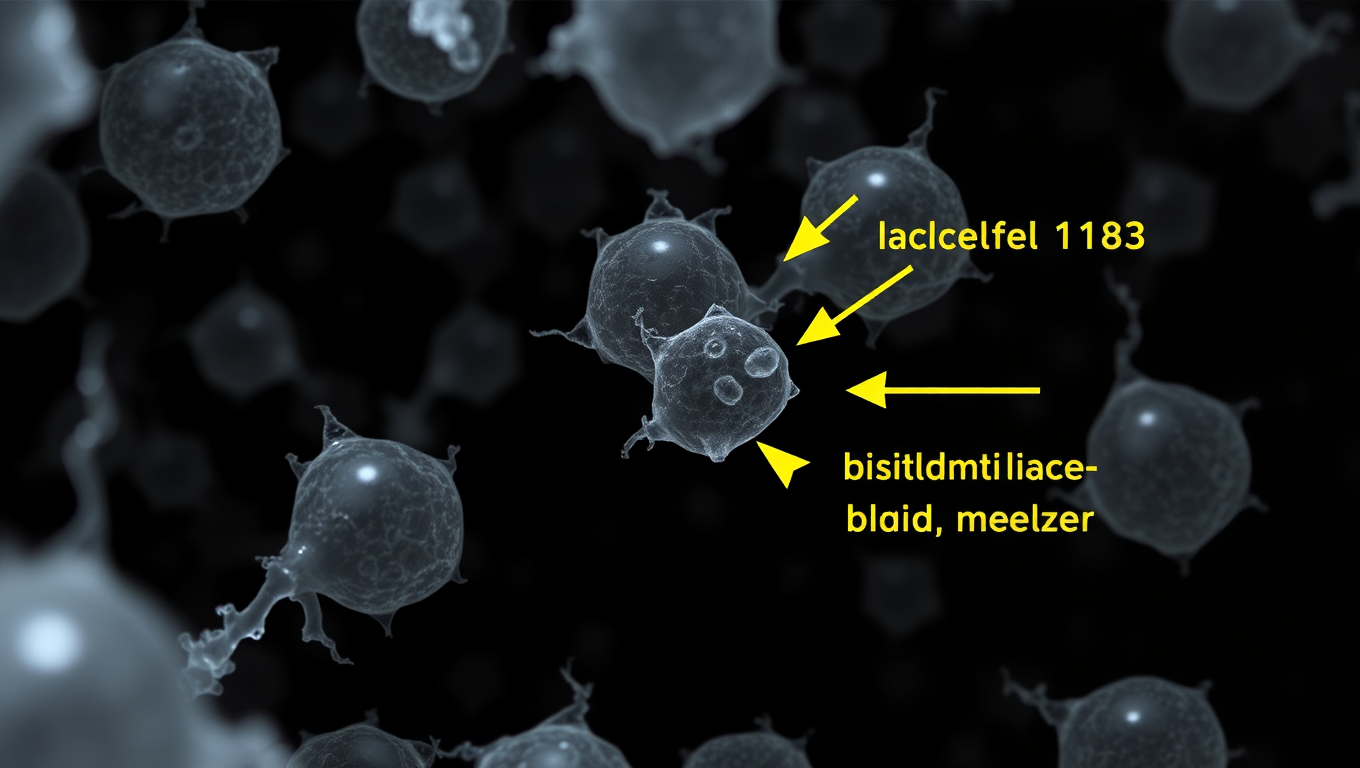While we try to keep things accurate, this content is part of an ongoing experiment and may not always be reliable.
Please double-check important details — we’re not responsible for how the information is used.
Diabetes
“Breakthrough Discovery: Anti-Obesity Medication Shows Promise in Reducing Breast Cancer Tumors”
A cutting-edge mouse study reveals that tirzepatide, the dual GLP-1/GIP drug already hailed for impressive weight loss, does more than trim fat: it slashes the growth of obesity-linked breast tumors. University of Michigan researchers found mice lost about 20 % body weight and adipose tissue while their tumors shrank in tandem, hinting that the blockbuster medication could one day double as a cancer-fighting ally for patients with obesity.

Allergy
“The Silent Invader: How a Parasitic Worm Evades Detection and What it Can Teach Us About Pain Relief”
Scientists have discovered a parasite that can sneak into your skin without you feeling a thing. The worm, Schistosoma mansoni, has evolved a way to switch off the body’s pain and itch signals, letting it invade undetected. By blocking certain nerve pathways, it avoids triggering the immune system’s alarms. This stealth tactic not only helps the worm survive, but could inspire new kinds of pain treatments and even preventative creams to protect people from infection.
Colon Cancer
Scientists Discover a Tiny Molecule That Could Revolutionize Weight Loss Treatment
Researchers at the Salk Institute have used CRISPR to uncover hidden microproteins that control fat cell growth and lipid storage, identifying one confirmed target, Adipocyte-smORF-1183. This breakthrough could lead to more effective obesity treatments, surpassing the limitations of current drugs like GLP-1.
Chronic Illness
Scientists Uncover Hidden Brain Shortcut for Weight Loss without Nausea
Scientists have uncovered a way to promote weight loss and improve blood sugar control without the unpleasant side effects of current GLP-1 drugs. By shifting focus from neurons to brain support cells that produce appetite-suppressing molecules, they developed a modified compound, TDN, that worked in animal tests without causing nausea or vomiting.
-

 Detectors11 months ago
Detectors11 months agoA New Horizon for Vision: How Gold Nanoparticles May Restore People’s Sight
-

 Earth & Climate12 months ago
Earth & Climate12 months agoRetiring Abroad Can Be Lonely Business
-

 Cancer11 months ago
Cancer11 months agoRevolutionizing Quantum Communication: Direct Connections Between Multiple Processors
-

 Albert Einstein12 months ago
Albert Einstein12 months agoHarnessing Water Waves: A Breakthrough in Controlling Floating Objects
-

 Chemistry11 months ago
Chemistry11 months ago“Unveiling Hidden Patterns: A New Twist on Interference Phenomena”
-

 Earth & Climate11 months ago
Earth & Climate11 months agoHousehold Electricity Three Times More Expensive Than Upcoming ‘Eco-Friendly’ Aviation E-Fuels, Study Reveals
-

 Agriculture and Food12 months ago
Agriculture and Food12 months ago“A Sustainable Solution: Researchers Create Hybrid Cheese with 25% Pea Protein”
-

 Diseases and Conditions12 months ago
Diseases and Conditions12 months agoReducing Falls Among Elderly Women with Polypharmacy through Exercise Intervention





























